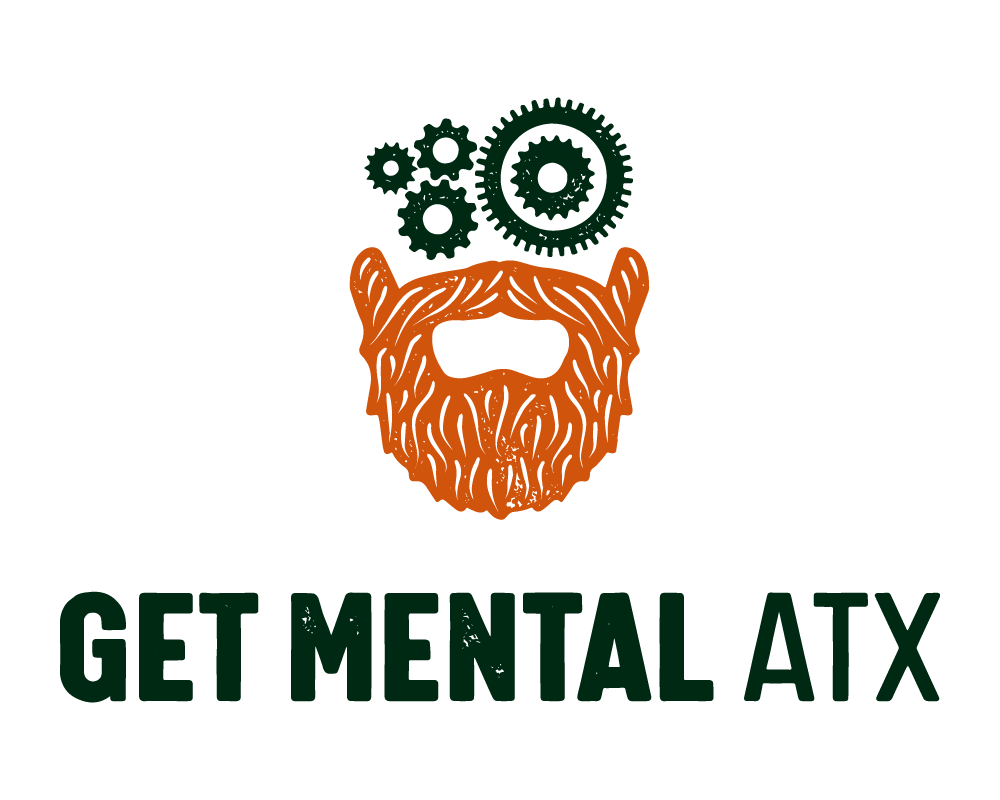Who are you, really?
PIXABAY/CC0
This is a pretty broad question. But in answering it you expose your underlying assumptions about what it means to be a person and to have an identity. Some people use their identity as a shield to stave off any hurtful or negative criticisms of themselves or their actions. Others use their identity as an excuse to behave in certain unhealthy ways and avoid feel bad about doing so. Some people use identity as an aspiration, something to strive for and a moral compass to navigate tricky decisions and situations. I would like to suggest that identity can be all of these things, but maybe it’s main purpose should be to help you be the good kind of person you want to be.
Why identity matters
Identity is important because it helps people to focus their beliefs and behaviors about themselves. It provides a sort of “fixed point” around which people can base their actions and choices and decision-making. For instance, if you see your identity as connected to your professional occupation then when it comes time to retire you might have this personal crisis because the thing that you thought you were isn’t happening anymore. I’ve seen this a lot of times. Someone works for years in one field of work and then when they are done (either retiring or new career path) they can often find themselves feeling lost and without direction. They seem to not know how to conceive of themselves outside of something that they do. For some people identity is found in relationships, they only seem to think of themselves in narrow constrained ways that ultimately limit who they are. I’m sure you’ve known someone that centered their whole like around one kind of thing and that was their everything. From the cat person, to the esoteric book person, to the music-lover - this kind of thinking can be helpful to find camaraderie with people who share your interests, but leaning too heavily into this thinking can restrict your growth in other areas. So, “how did I get this way” you might be asking yourself. Some thoughts on that…
How identity is formed
We are creatures of our environments and behaviors. The things that we do again and again make up the person that we are. That is not to say that we are merely the sum and total of our actions. But this is to emphasize the fact that the choices we make and the actions we take are meaningful and do contribute to who we are. If you constantly experienced stress and scrutiny to be on your “best-behavior” in public so that you wouldn’t embarrass your parents, then you likely grew to become more self-conscious and reserved with your real emotional self. In this example, this may have even been a good-intentioned effort to instill good manners to help you manage socially. But, like many things, could have had unintended consequences. After some time of being told to act like this, you might have come to behave that way automatically, and from there it is a quick jump to you conceiving of yourself as a quiet and well-behaved individual, but also one who never speaks their true feelings or expresses anything other than meek happiness to avoid getting in trouble. I talked before about how family shapes who we are and how we behave, take a look. You might start to think that’s who you are and how you have to be, but the good news is that while you might have an identity like that - it doesn’t have to stick forever…
How does identity change?
Like all things; slowly and over time. As I mentioned earlier, we are creatures of habit and behaviors. We are the things that we do - at least in some part. There’s that expression, “if it walks like a duck and talks like a duck - then it must be a duck.” While there is some truth in this, that the actions we take are indeed describing a part of who we are - that doesn’t capture the whole of our selves. The way that we can change our identity is to begin by making changes to the things that we do. Maybe you aren’t a duck right now, but if you start to walk and talk like a duck pretty soon it won’t really matter, because you’ll be living the duck life of your dreams :)
I would like to suggest that identity isn’t necessarily a “fixed point” in the way that I mentioned some people think of it. But rather, it is a constantly shifting expression of the things you do and the ways you want to be. Identity can be a powerful tool to help you become the person you want to be, make the directions in life you want to take, and give you clarity about decisions you have to make - but it is a tool, a thing to be used by you when it is helpful, but not something to restrict you in ways you no longer want.
Who are you, really? You tell me :)

